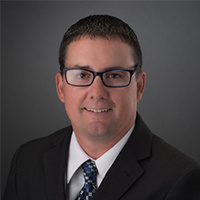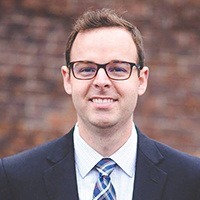Earling Estate Lawyer, Iowa
Jamie L. Cox
✓ VERIFIEDAccident & Injury, Employment, Estate, Real Estate, Civil & Human Rights
Jamie L. Cox is a partner at Willson & Pechacek, PLC, in Council Bluffs, Iowa. Mr. Cox’s general litigation practice focuses on personal injury law,... (more)
Scott Miller Thorson
✓ VERIFIEDAccident & Injury, Criminal, Workers' Compensation, Estate
Scott Thorson grew up in Omaha, Nebraska, and attended Nebraska Wesleyan University, where he graduated in 2008. Mr. Thorson received his legal traini... (more)
FREE CONSULTATION
CONTACTJack E. Ruesch
Real Estate, Wills & Probate, Corporate, Business Organization, Bankruptcy
Status: In Good Standing
Rick C. Kimble
Commercial Real Estate, Real Estate, Estate, Corporate, Business
Status: In Good Standing
Benjamin Joseph Wischnowski
Gift Taxation, Estate Planning, Corporate, Business & Trade
Status: In Good Standing Licensed: 12 Years
Bradley John Nelson
Dispute Resolution, Estate, Workers' Compensation, Divorce & Family Law
Status: In Good Standing Licensed: 37 Years



